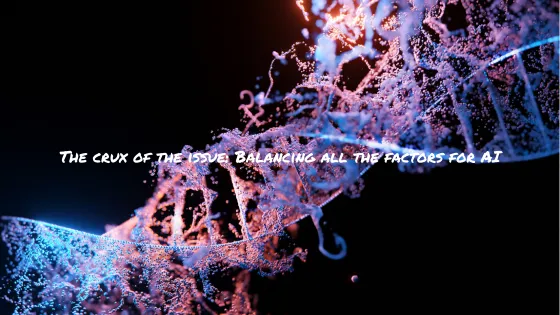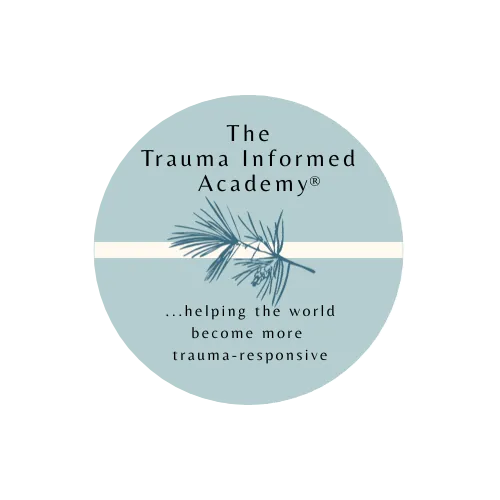

The crux of the issue: Balancing all the factors for AI
Back to the AI issue. For example, the medical model considers problematic behavior pathological. And in the trauma informed model, problematic behavior is often evidence of an extreme adaptation to something that was extreme when it happened. We need to factor in epigenetics, too.
How do we help AI learn to recognize the differences and commonalities between a biologically based model of mental illness or mental distress versus a social determinant of health model of mental distress? This is a challenge that we really need to wrestle with as we lay down algorithmic processes for AI to follow in creating information that will become ours.
Otherwise? Suddenly, without this kind of conscientious attention, “what happened to you” (trauma informed) becomes once again, ”what's wrong with you”, which is antithetical to trauma informed models.
AI demands that we balance our knowledge of social determinants--nurture-- with brain-based (nature) models.



Email our Admin:
©Copyright 2025 EPower & Associates, Inc. All Rights Reserved.
Privacy Policy | Terms of Use
Featured On...


